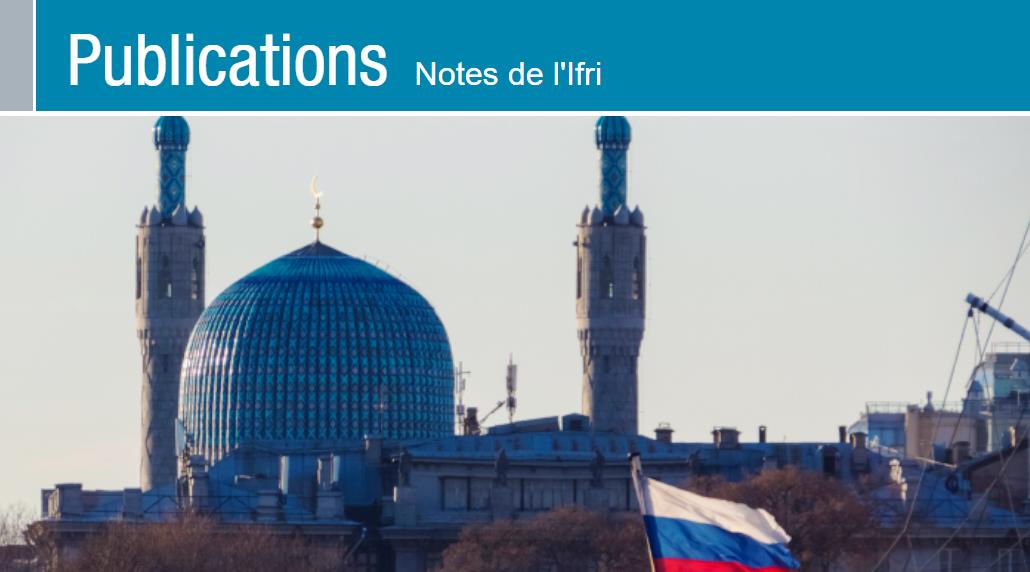Abstract
(Ifri) While Russia’s military invasion of Ukraine has resulted in a decoupling with the West on a scale not seen since the worst years of the Cold War, Russia has not been isolated from the non-Western world and has even reinvested its diplomatic energy toward the Global South. This paper focuses on Russia’s relationships with the Islamic world and how they have been transformed — or not — by the Ukraine war. It discusses both Russia’s “internal” Islamic realm and how the Middle East has reacted to the strategic tectonic shift unleashed by the war and Western sanctions. It explains that the role and place of Islam in Russia have been reinforced by the war context, as Islamic institutions and Muslims are seen by the Russian regime as among the most loyal constituencies. It concludes that the main Middle Eastern regional powers have been able to consolidate their transactional foreign policies and use the war to assert their autonomy toward Western actors so that Russia’s weakening does not result in the West’s increased influence but in a more multipolar order.
Introduction
Russia’s war against Ukraine marks a tectonic shift in the world order. The war is dramatically reshaping the Western world, re-energizing Europe’s sense of unity, accelerating its energy decoupling from Russia in favor of the US, and giving a newfound sense of legitimacy to NATO’s mission. It is also generating many domino effects all over the world, from renewed nuclear risks to global food-security challenges, as well as speeding up the division between a Global North reinvigorated by the war and a Global South refusing to take a stand on a war that is not seen as theirs. On the home front, the decision to “partially” mobilize men for the war front is also shaking Russian society, contributing to a readjustment of the inner equilibrium between its different segments. […]
Read More | PDF © Russia/NIS Center, French Institute of International Relations (Ifri)











